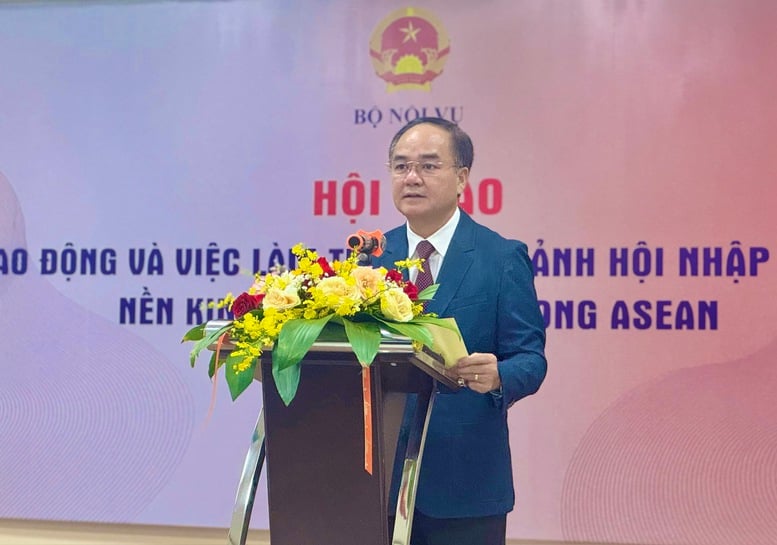
Deputy Minister of Home Affairs Vu Chien Thang speaks at the Workshop - Photo: VGP/Thu Giang
The workshop was connected online with the ASEAN Secretariat-coordinated workshop on “Care Economy and Care Workers in ASEAN”. Thereby, delegates had the opportunity to access a comprehensive view of the current situation and development trends of the care economy in the region, towards effectively implementing the ASEAN Declaration on Strengthening the Care Economy and Resilience, which was adopted at the ASEAN Summit in 2024.
Speaking at the workshop, Deputy Minister of Home Affairs Vu Chien Thang emphasized that Vietnam currently has about 53 million workers aged 15 and over, of which nearly 24.7 million are women. Although the unemployment rate is low (2.24%), the quality of human resources is still limited. The rate of workers with degrees and certificates is only about 28.3%, lower than that of countries in the region such as Singapore (50-60%), Malaysia (40-50%), or Thailand (30-45%).
According to the Deputy Minister, in the context of deep integration, Vietnam is facing fierce competition in the regional and global labor market, especially when requirements for skills, languages and international labor certificates are increasingly strict.
As a proactive, active and responsible member of ASEAN, Vietnam has been synchronously implementing many policies to improve the quality of human resources and integrate more effectively into the regional labor market.
Notably, the improvement of institutions, improvement of training quality and skills development, strengthening regional and international cooperation, promoting the implementation of the Mutual Recognition Agreement and applying the ASEAN 8-level National Qualifications Framework are worth noting.
Along with that, Vietnam has also actively implemented regional commitments in the field of labor, taking the lead with many initiatives that are highly appreciated internationally and regionally, such as: Building and implementing the ASEAN Declaration on Human Resource Development in the New Context; ASEAN Guidelines on Gender Mainstreaming in Labor and Employment Policies; promoting regional research on supporting migrant workers to return and reintegrate into the labor market...
These efforts are and will contribute to creating fundamental changes and breakthroughs to promote high-quality human resources to serve the country's socio-economic development, helping Vietnam have competitive human resources, determining Vietnam's position in the region and internationally.
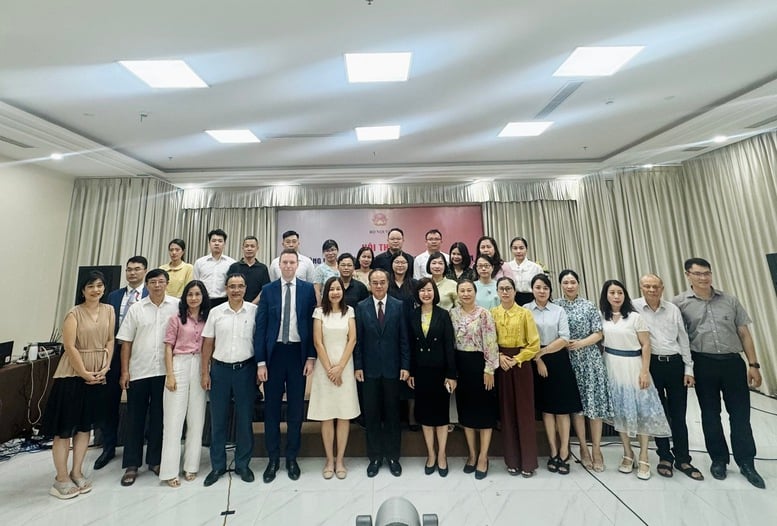
Delegates attending the Workshop - Photo: VGP/Thu Giang
One of the key topics of the Workshop was to discuss the care economy – a sector that is becoming increasingly essential in the context of rapid population aging in many ASEAN countries.
According to reports from the International Labour Organization (ILO) and the ASEAN Secretariat, intra-ASEAN labour migration has been on the rise in recent years and there are currently about 10 million migrant workers living and working in the ASEAN region.
The demand for care workers, from elderly care, children care to the sick, is increasing, putting pressure on the social security system and requiring a sustainable and reasonable reallocation of resources. Notably, the majority of the current care burden still falls on women, especially in families.
This reality shows the need for a more comprehensive approach to the care economy, to effectively balance existing resources, and at the same time build a strategy to develop and exploit the care workforce, in which migrant workers play a key role.
At the workshop, delegates acknowledged the indispensable role of migrant workers in the ASEAN care economy. Migrant workers not only fill the human resource gap in the care sector but also contribute skills and experience, helping to improve the quality of services in host countries.
However, this is also a vulnerable group of workers, often facing harsh working conditions, lacking policies to protect their rights, and having less access to social security than native workers.
Many argue that the development of policies to protect migrant workers, especially in the care sector, is an urgent requirement. This is not only to ensure the legitimate rights of workers, but also to contribute to maintaining the sustainability of the care system throughout the region.
In addition to challenges, delegates also shared many new cooperation opportunities in the field of labor, and affirmed the importance of making the “care economy” an important element in human resource development policies at the national and regional levels.
Through the workshop, Vietnam continues to affirm its role as a dynamic and responsible member of ASEAN; proactively contributing to the process of building a cohesive ASEAN community, comprehensively developing and effectively adapting to the constant fluctuations of the labor market.
Thu Giang
Source: https://baochinhphu.vn/viet-nam-thuc-day-hop-tac-asean-ve-lao-dong-va-kinh-te-cham-soc-102250729162032395.htm



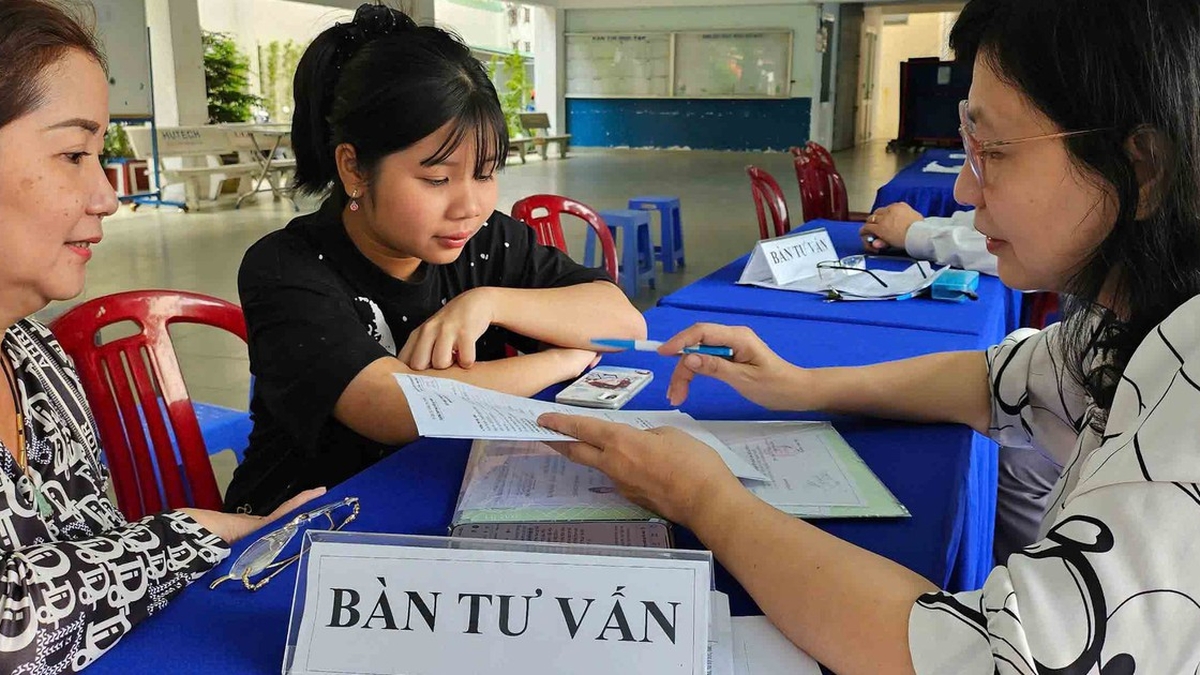




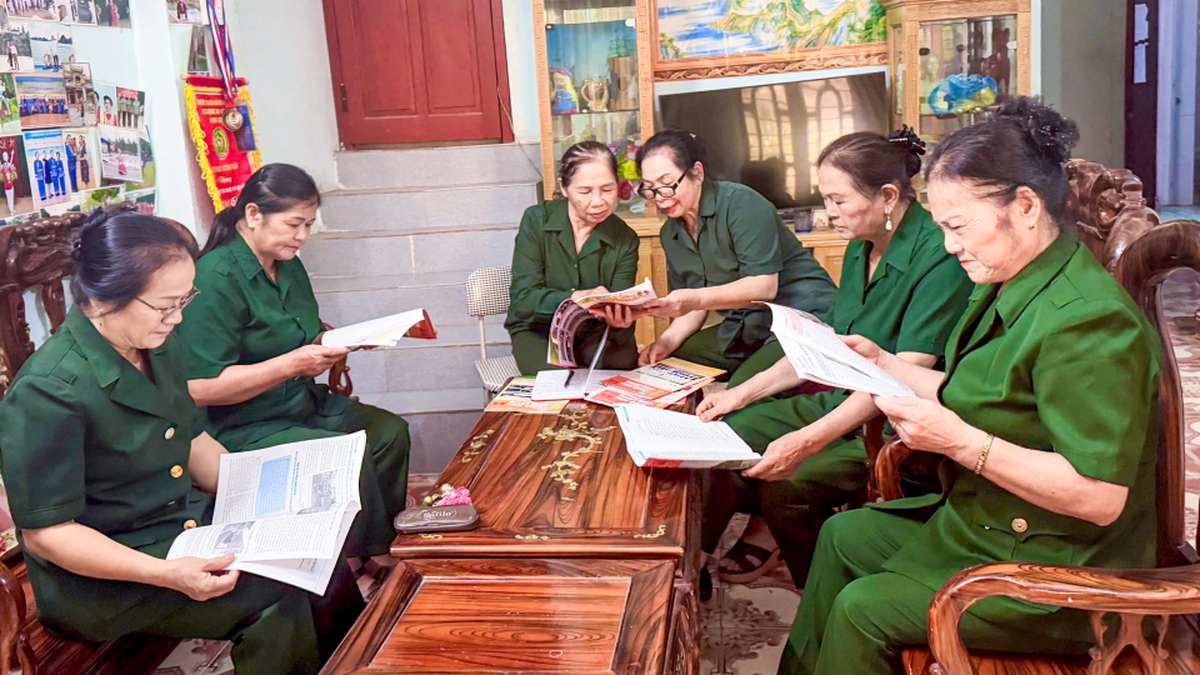
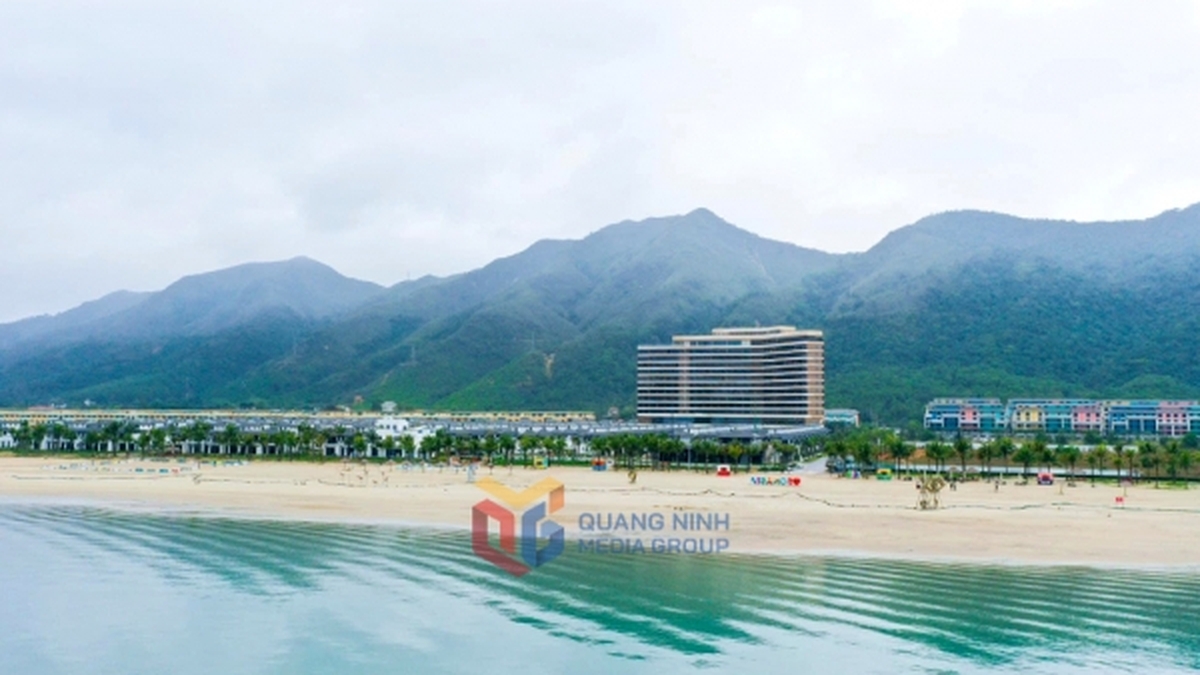

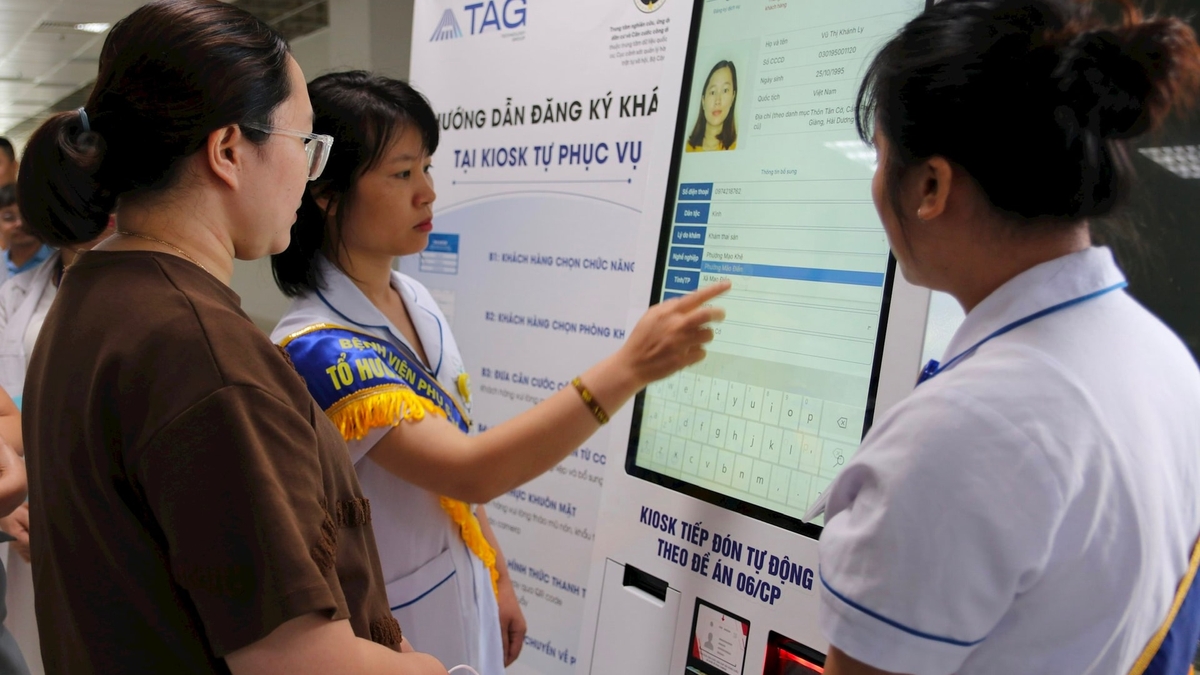










![[Photo] National Assembly Chairman attends the seminar "Building and operating an international financial center and recommendations for Vietnam"](https://vphoto.vietnam.vn/thumb/1200x675/vietnam/resource/IMAGE/2025/7/28/76393436936e457db31ec84433289f72)







































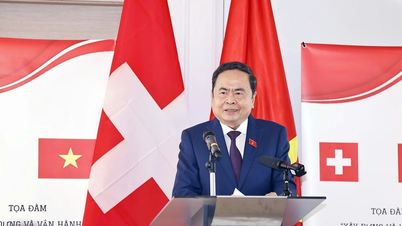






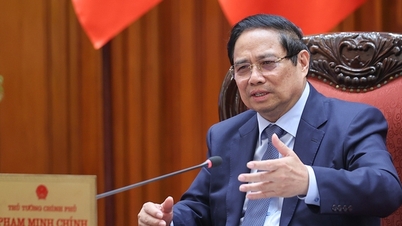
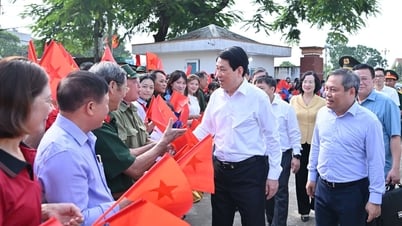

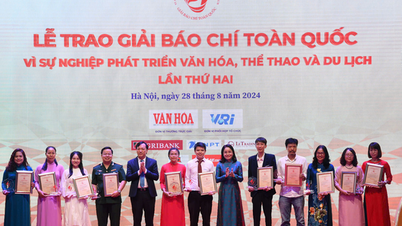

























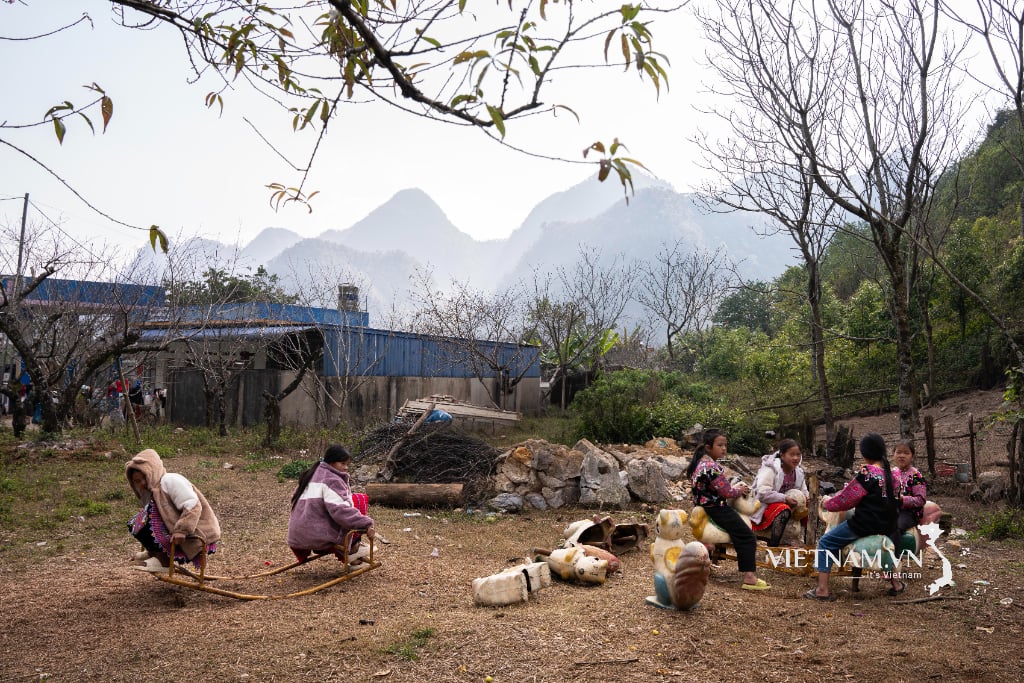
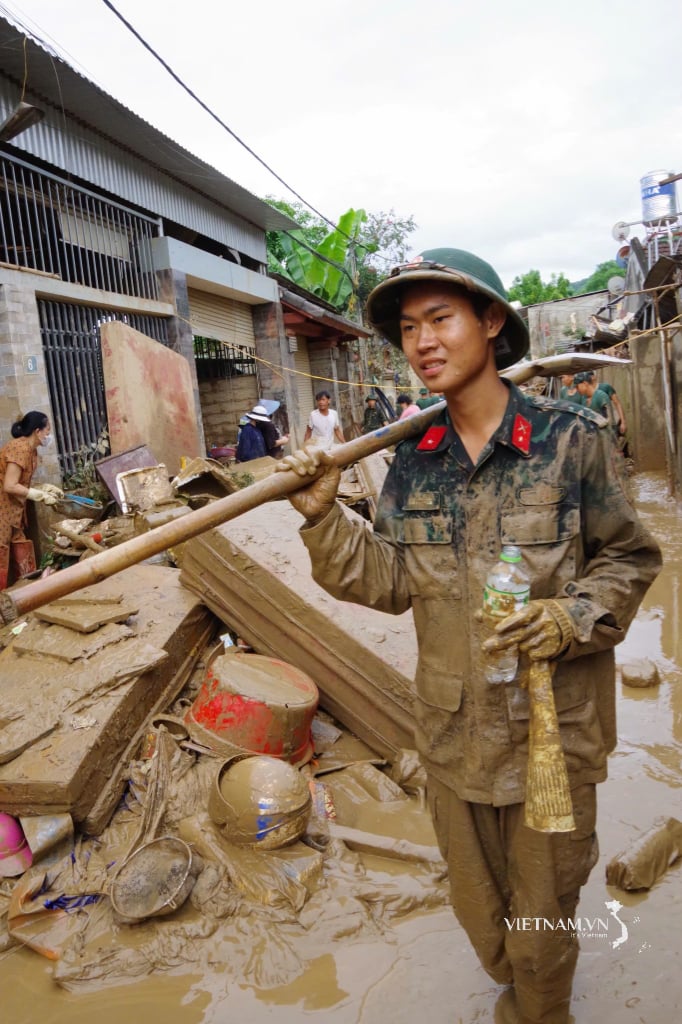
Comment (0)